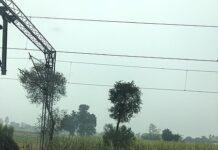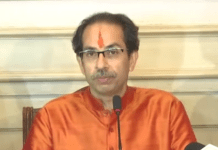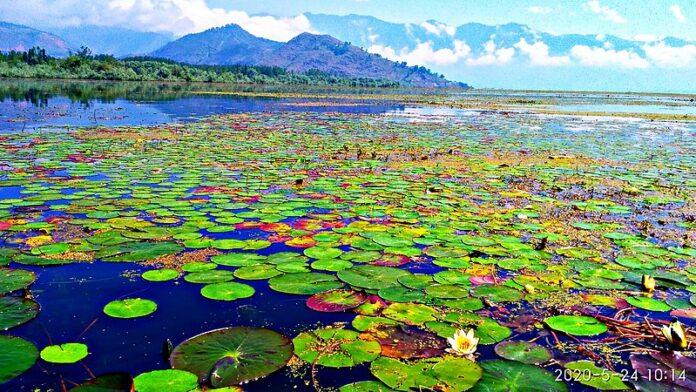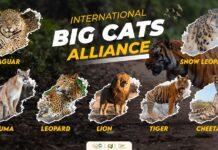World Wetlands Day (WWD) was celebrated by States and UTs on Thursday, 2nd February 2023 at all 75 Ramsar sites in India including in Jammu and Kashmir (Wular Lake), Haryana (Sultanpur National Park), Punjab (Kanjli) , Uttar Pradesh (Sarsai Nawar, Bakhira Wildlife Sanctuary), Bihar (Kabartal, Kanwar Jheel, Begusarai), Manipur (Loktak Lake), Assam (Deepor Beel), Odisha (Tampara and Ansupa Lakes, Satkosia Gorge), Tamil Nadu (Pallikaranai eco-park, Pichavaram Mangroves), Maharashtra (Thane creek), Karnataka (Ranganathittu), Kerala (Ashtamudi), etc.
The day marks the anniversary of the signing of the Convention on Wetlands of International Importance (Ramsar Convention) in Ramsar, Iran, on 2 February 1971. Since 1997, World Wetlands Day has been used to: raise public awareness of wetland values and benefits. promote the conservation and wise use of wetlands.
Ramsar Sites are wetlands of international importance that have been designated under the criteria of the Ramsar Convention on Wetlands for containing representative, rare or unique wetland types or for their importance in conserving biological diversity. Known as the Convention on Wetlands, it is named after the city of Ramsar in Iran, where the convention was signed.
These sites provide a critical ecological network for conservation of global biological diversity and supporting human well-being. Local communities play an invaluable role in conservation of Ramsar sites hence emphasis on participatory management of wetlands.
The World Wetlands Day is observed on 2nd February every year all over the world to commemorate the signing of Ramsar Convention on Wetlands of International Importance in 1971. India is a party to the Convention since 1982 and has so far declared 75 wetlands as Ramsar sites covering 23 states and Union Territories.
India has the largest network of Ramsar Sites in Asia. These sites make a critical ecological network for conservation of global biological diversity and supporting human well-being.
The 2023 theme for World Wetlands Day is ‘Wetland Restoration’ which highlights the urgent need to prioritize wetland restoration. It is a call on an entire generation to take proactive action for wetlands, by investing financial, human and political capital to save the wetlands from disappearing and to revive and restore those that have been degraded.
***

























